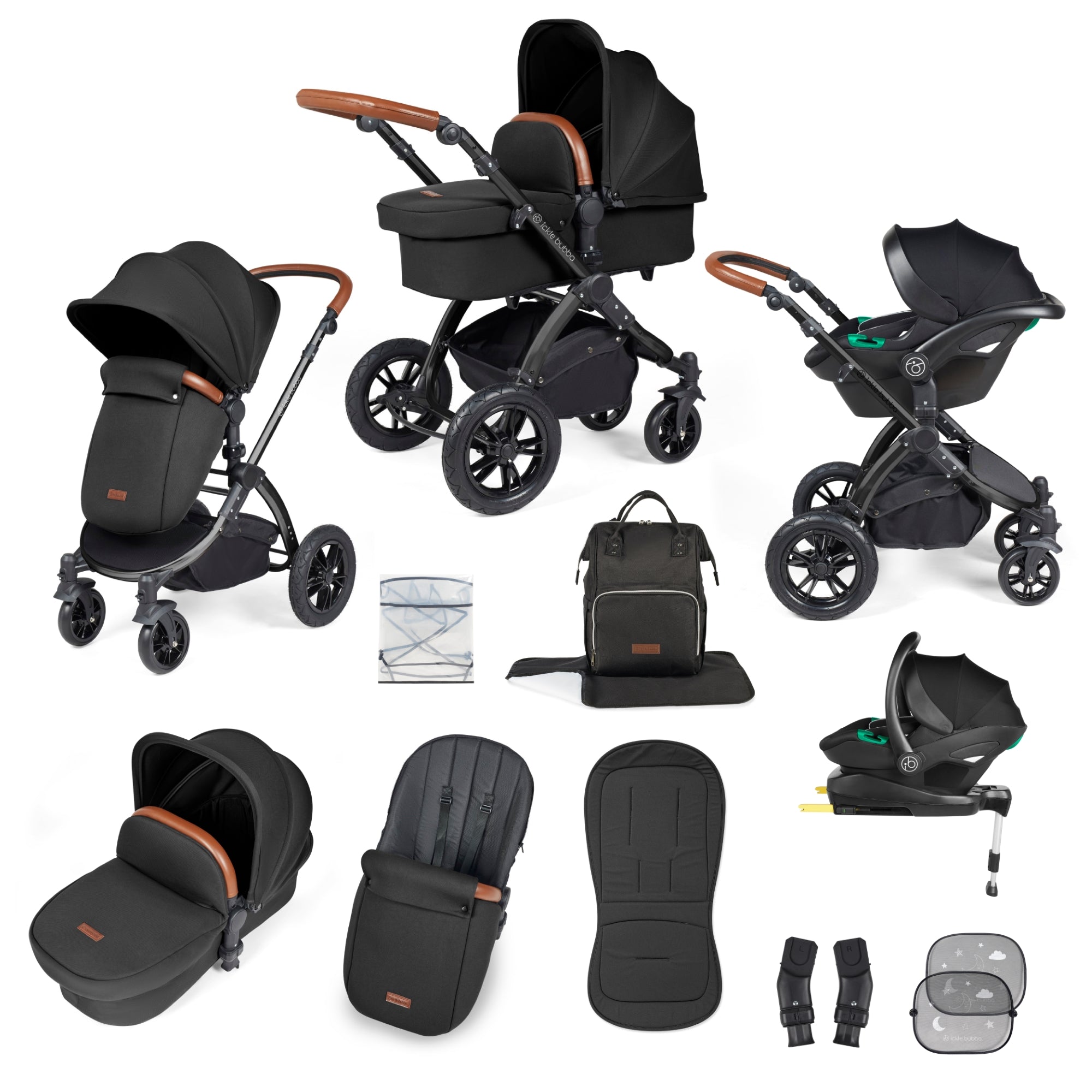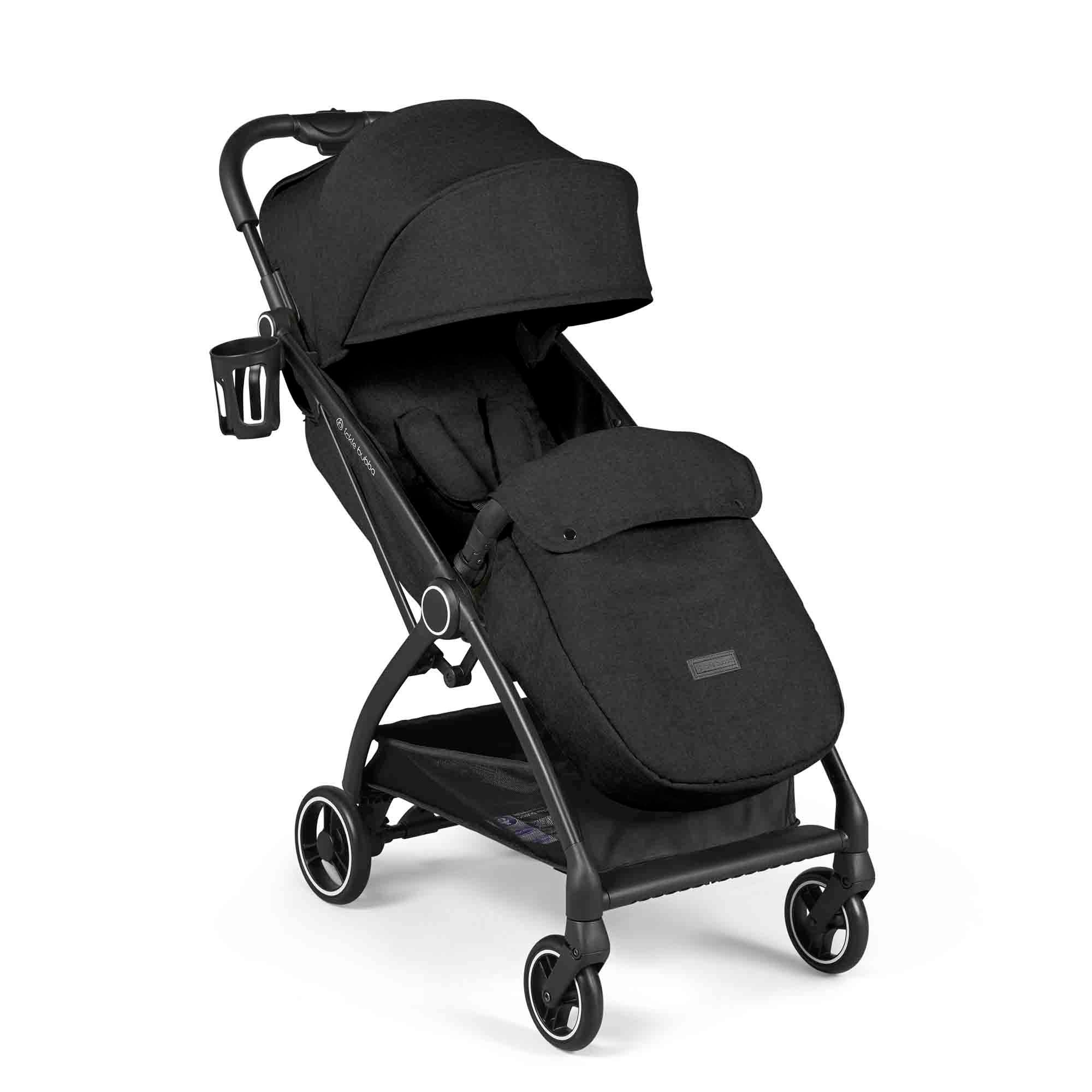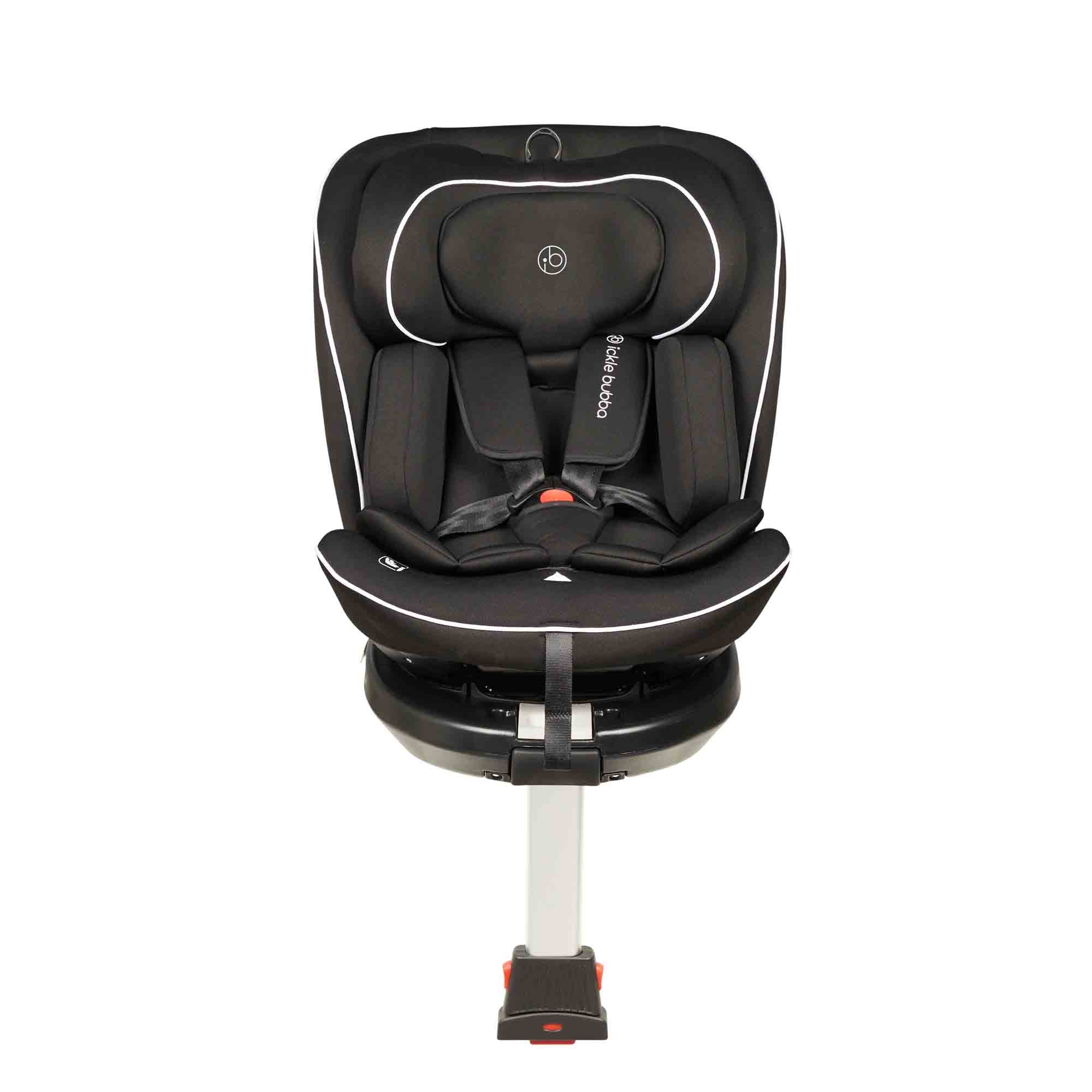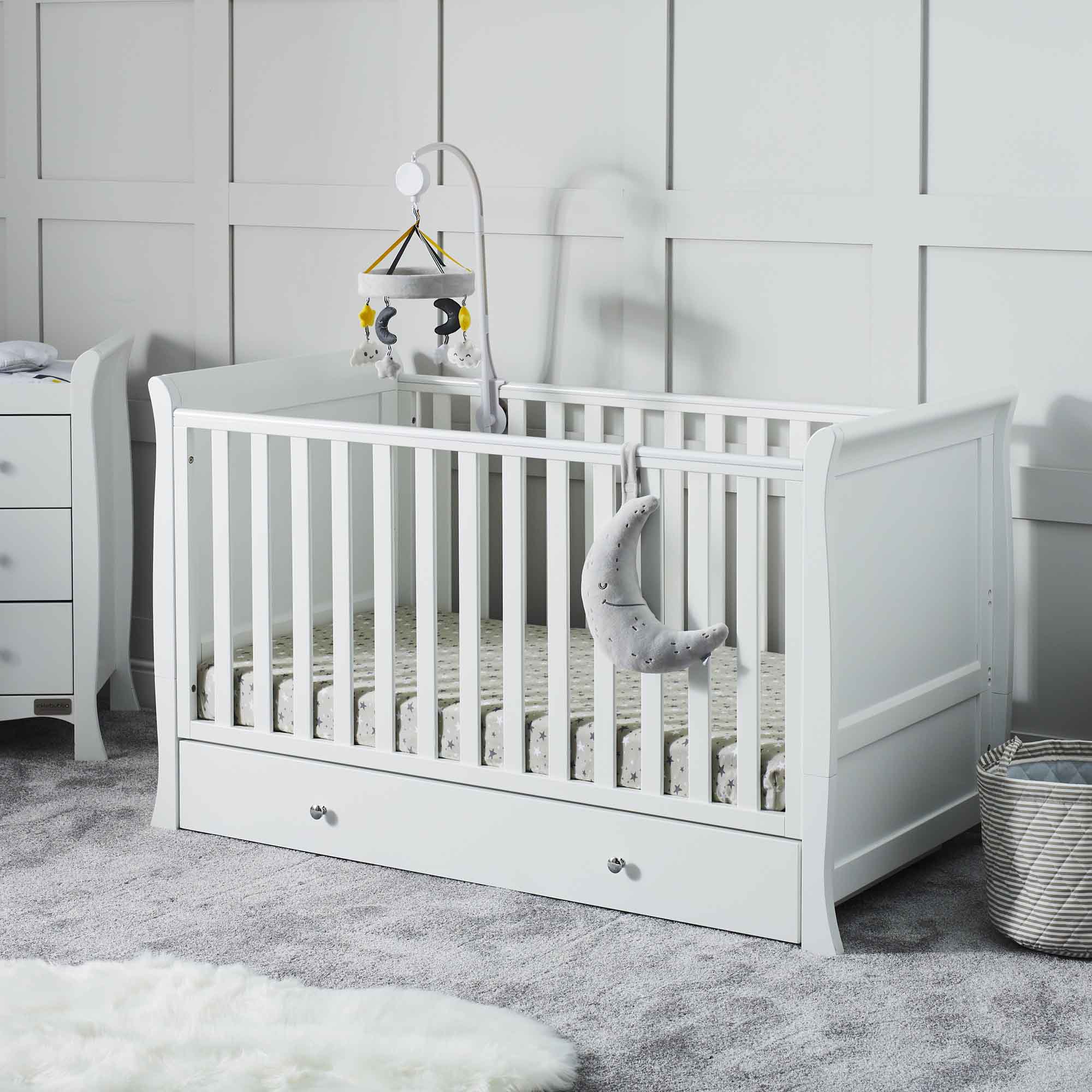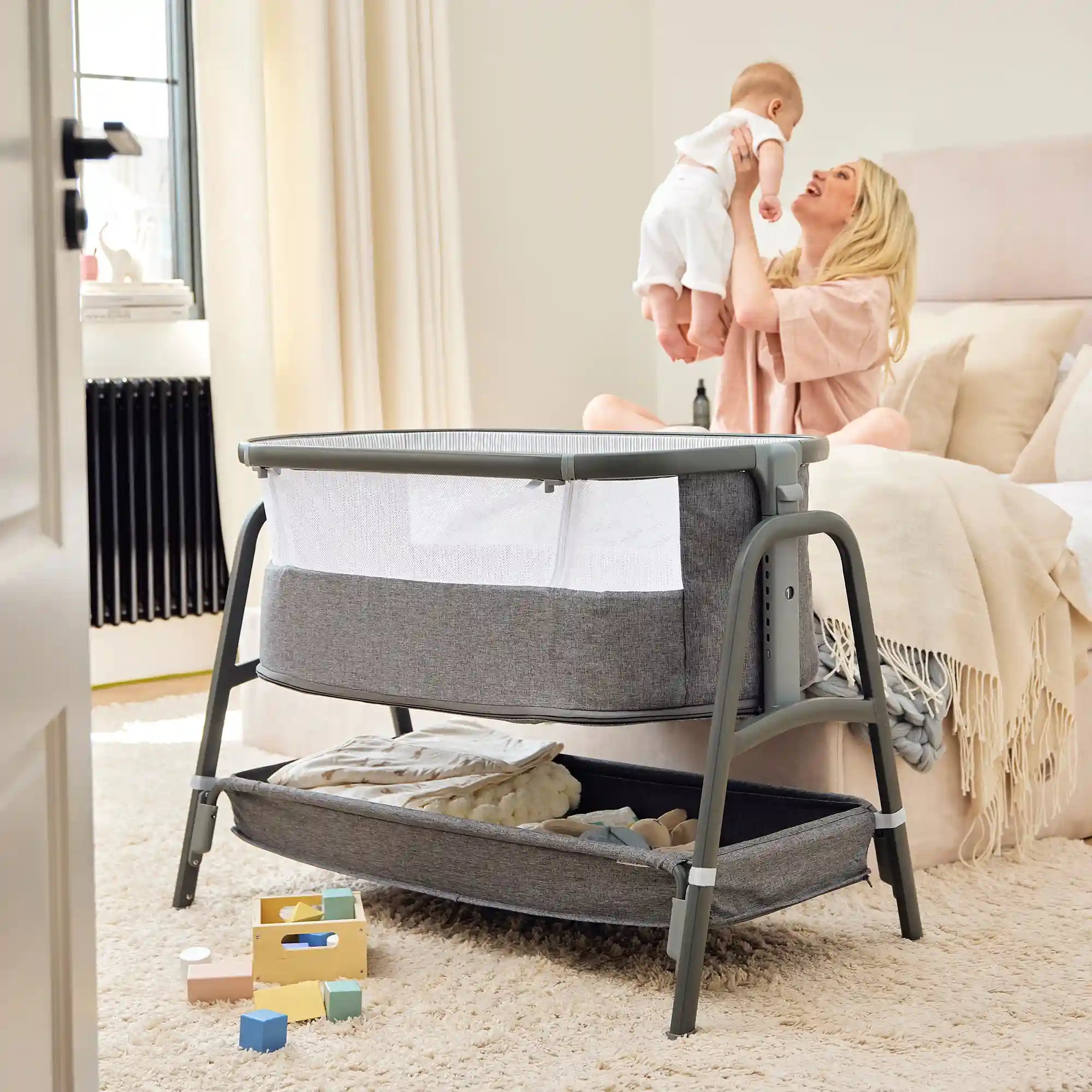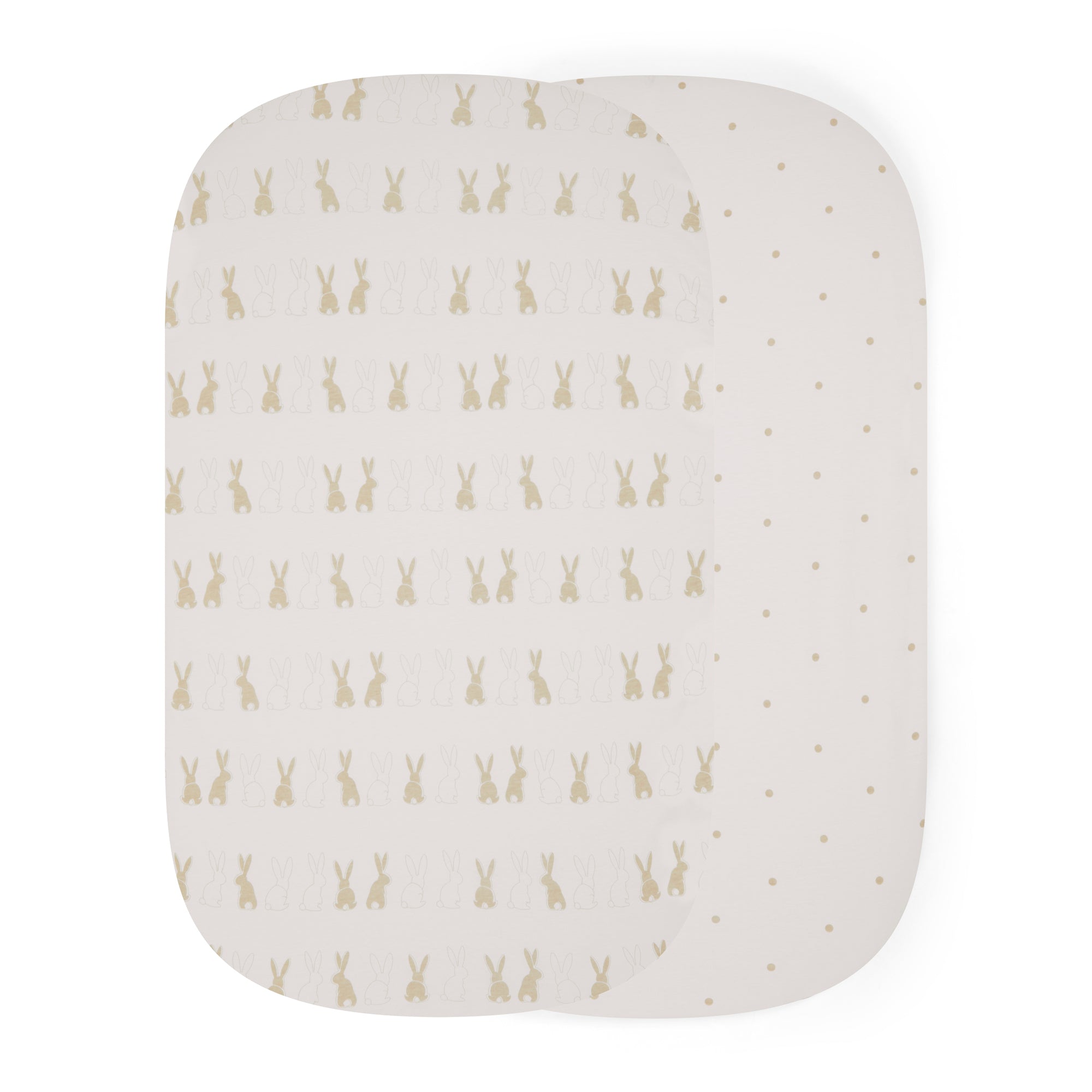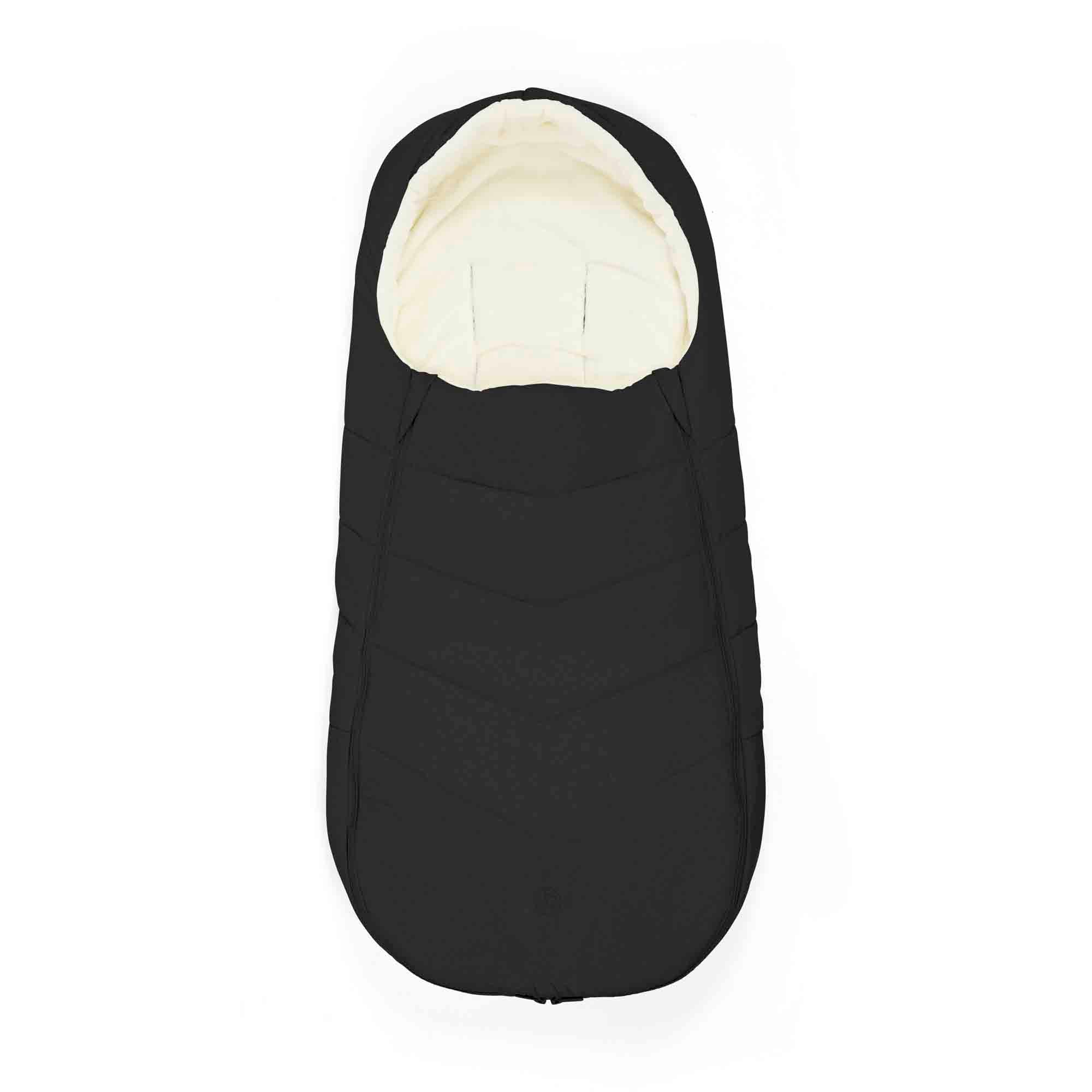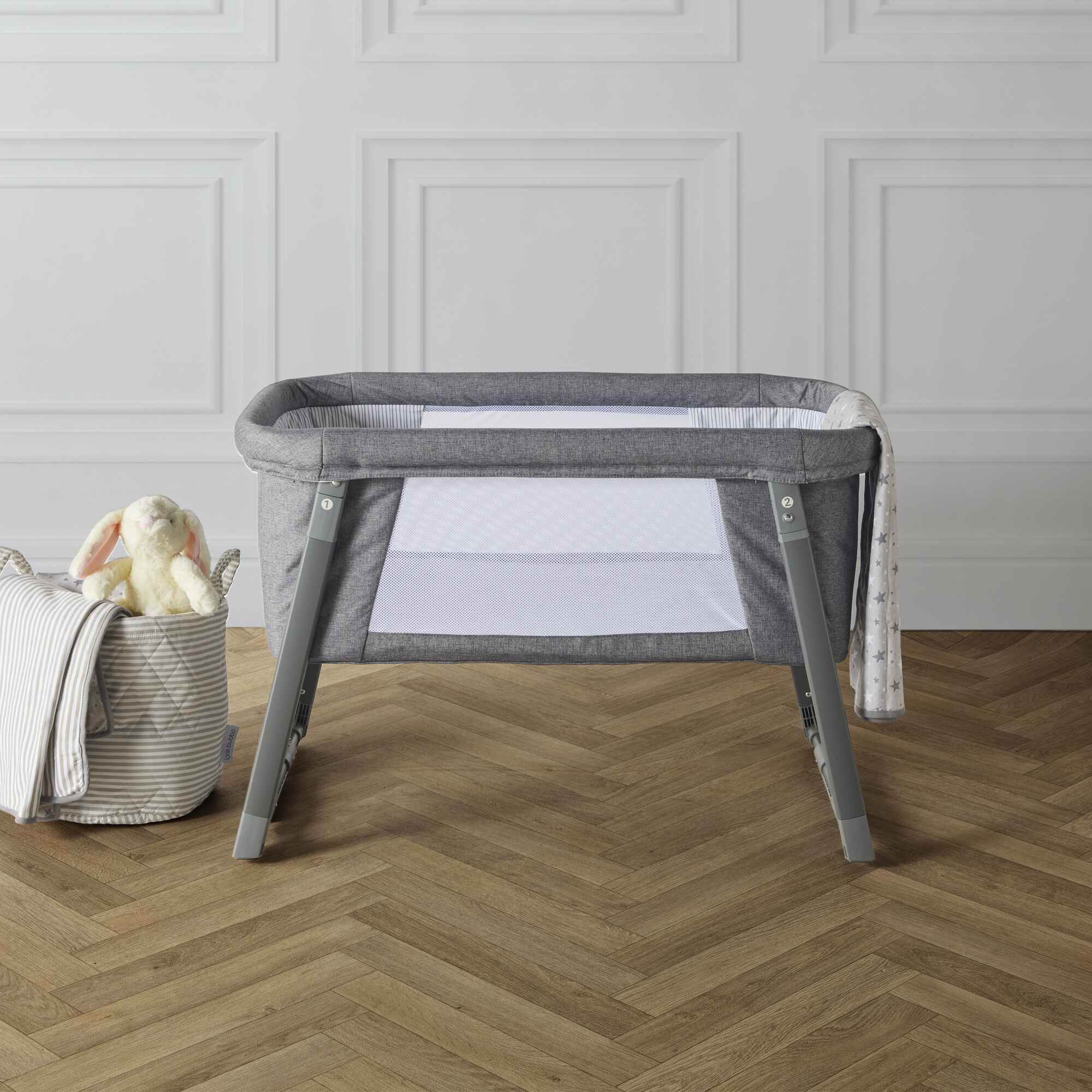Budgeting for Baby: Top Tips
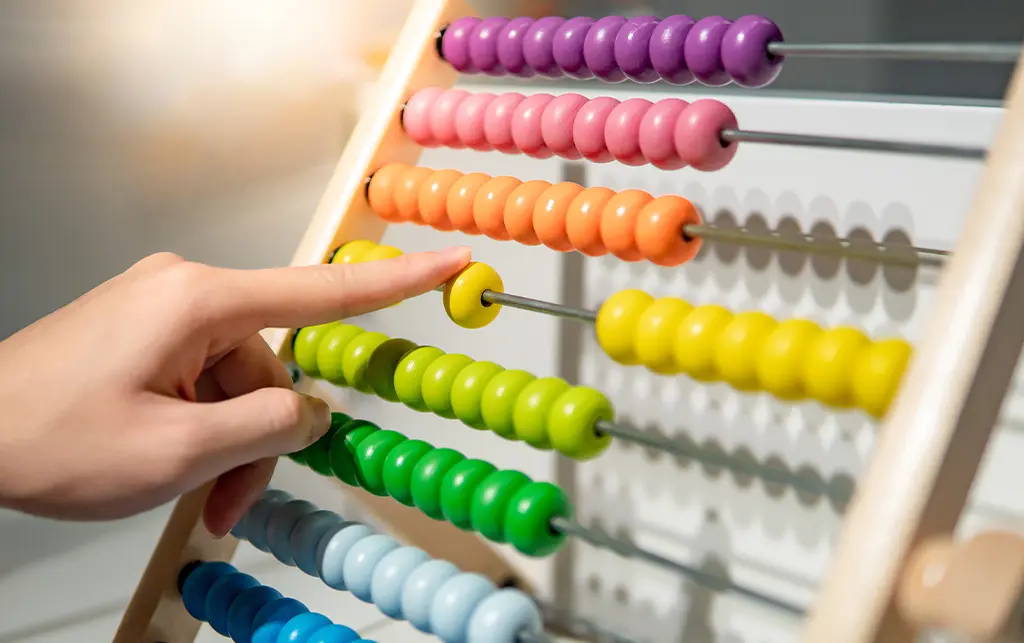
Bringing a new arrival on board requires lots of careful considerations, especially when it comes to keeping track of the family finances. The good news here is that there’s plenty of financial resources out there to help you plan ahead when budgeting for baby. From benefits such as Child Benefit and Child Tax Credits to government grants that will help minimise your childcare costs pre and post pregnancy, it’s important to understand the full range of financial care available to you. Not only will this allow you to create your own ‘baby budget’, you’ll also be able to work out everything that’s needed and plan accordingly throughout the earliest stages of parenthood.
Budgeting for Baby | A budget timeline
At Ickle Bubba, our mission is to simplify your lifestyle while offering budget-friendly parenting solutions for all. So when it comes to keeping your finances in order, it’s imperative to outline all essential items first - in preparation for your newborn’s arrival. Here’s a handy timeline and baby checklist to help you get started…
0-10 Weeks | Early preparations
As you prepare and plan for the earliest stages of pregnancy, it’s crucial to plan each week effectively to ensure your maternity period runs as smoothly as possible. If you’re currently in employment, by week 8 you’ll be able to request paid leave to attend any medical and antenatal appointments booked on your calendar. Also, free prescriptions during your maternity leave will save you a decent amount of money which means for each £9.15 prescription charge, you’ll be able to spend this on other important items in your baby budget checklist. It’s worth noting that if you live in Scotland, Wales or Northern Ireland all prescriptions are free, but for UK residents, all that’s required to gain access to your free prescriptions and NHS dental care is a Maternity Exemption Certificate. This certificate should be signed by either your doctor or midwife, and you’ll want to ensure you request this no later than week 10 in your pregnancy timeline. It’s a good idea to make the most of these extra savings, especially since expenses add up quickly once you’ve taken time off from work!
10-20 Weeks | Doing the calculations
During the next 10 weeks there are a few things you can do to stay accountable and keep a close check on your family finances. Because your monthly income will decrease, it’s always advisable to monitor your outgoing costs during your entire pregnancy. There are a few things you can do when budgeting for baby, including cutting back on expenses. First you’ll need to note down how much income your household brings in each month, and then make a list of all your essential and non-essential items so you can figure out where to cut back on your outgoings. For example, utility bills and food would be classed as essentials to support you and your family, whereas a gym membership or hobby subscription service could be substituted for lower cost or free alternatives. Once you’ve weighed up which items are needed the most, you’ll find that you’re quickly able to subtract any ‘luxuries’ from your checklist and create valuable savings in the process. Even when it comes to household bills, there are ways to conjure a little extra cash when budgeting for baby by shopping around first and comparing prices on the market.
Next it’s time to write a list of all the baby things which you’ll need between now and throughout your newborn’s first year. One useful tool to help you plan this step is the baby costs calculator, so be sure to refer to this for guidance. From clothes and baby food, cots and mattresses to car seats and pushchairs, when budgeting for your baby there is a surplus of essential items required, but with some preparation, you can minimise any financial stresses as much as possible.
20-30 Weeks | Let's talk timeframes
If you’re currently in employment, at this stage in your pregnancy you would need to talk to your employer and find out exactly how much maternity pay you’re entitled to. Although you’re entitled to a full year off work, bear in mind that you’ll only receive 39 weeks worth of maternity pay, which is why it’s extremely important to budget efficiently while looking into any childcare benefits you may be entitled to outside of employment. Once you’ve had a discussion about the date you intend to take your maternity leave, the next step will be to make this official and arrange your period of absence with a letter in writing. You can find plenty of useful maternity letter templates online, just in case you’re stuck for inspiration.
If, however, you’re classed as a low income household and you don’t qualify for statutory maternity pay, you may be entitled to other financial help in the form of maternity allowance. You’ll also be pleased to know this is classed as a tax-free benefit paid by the government. Maternity allowance can also offer a substantial boost of income for expectant mothers who are self-employed. And because the majority of mums-to-be won’t be facing pregnancy alone, your partner will also be eligible to take paternity leave and receive statutory paternity pay. As a timeframe, dads-to-be should inform their employers at least 15 weeks before their baby’s due date.
30-40 Weeks | Claim those benefits
And last but certainly not least in our budgeting for baby timeline, once your newborn has arrived into the world, it’s important to file a claim for Child Benefit as soon as possible. These benefit payments will help you to raise your young child while supporting the family budget in the process. You may also be entitled to receive Child Tax Credit, but be aware this benefit is going to be replaced by Universal Credit in the near future, so it’s always worth doing some research into the exact benefits you can claim as a new parent. You’ll find a full breakdown of benefits and entitlements here, all of which will help to supplement your income - both during and after pregnancy. If you’d like further info on how to effectively plan your finances in time for the moment your baby arrives, be sure to refer to this interactive money timeline tool for step-by-step dates.
Summary
We hope the above timeline offers some helpful hints and tips when it comes to keeping your family budget in check. And since budgeting is super important, you’ll find plenty of affordable parenting products here at Ickle Bubba, each designed to support you and your bubba on your exciting new chapter.
From travel systems and car seats, to strollers, cots, nursery furniture and accessories, we have lots of great value offers and bundles available for every budget - all ready for you to grant your newborn the best possible start in life.

